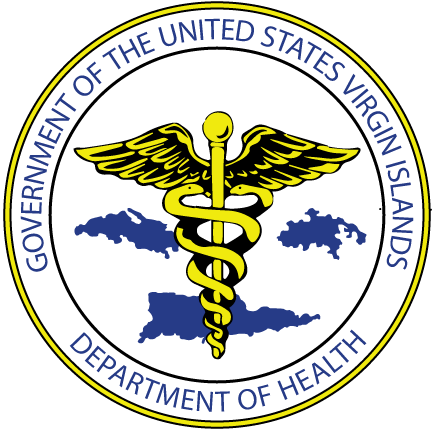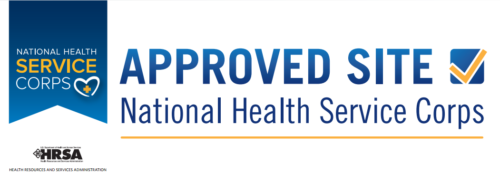St. Croix, US Virgin Islands (August 31, 2020) – September is recognized as National Childhood Obesity Awareness Month to highlight the prevalence of childhood obesity; address its impact; and provide resources and support for families in assessing, preventing, and treating childhood obesity. There is compelling evidence that childhood obesity threatens the health and wellbeing of children globally, nationally, and locally. According to the Centers for Disease Control and Prevention (CDC), 1 in 5 (~ 13.7 million) children and adolescents in the United States are affected by childhood obesity. The USVI 2017 Youth Risk Behavior Survey (YRBS) found that 37.2% of U.S. Virgin Islands’ high school students were overweight or obese, which aligns with national trends. Furthermore, national data shows that Blacks and Hispanics have higher obesity rates than other racial and ethnic groups making the USVI’s population more susceptible to higher rates.
Childhood obesity occurs when a child has exceeded the healthy weight for his or her height and age. It is determined using Body Mass Index (BMI) percentiles that compares children of the same age and sex, which is different from the diagnosis of adult obesity. As such, childhood obesity is more difficult to determine and may require consultation with a healthcare professional. The main causes of childhood obesity are behavioral factors such as physical
inactivity and unhealthy eating habits. The 2017 YRBS data also revealed that 21.2% of high school students were classified as obese. Also, a large proportion of students did not consume fruits and vegetables regularly or engage in daily physical activity, which corresponds to the high childhood obesity prevalence in the territory. Lowering obesity rates in children requires a whole-family approach. Lifestyle behaviors such as healthy eating and physical activity are more likely to be sustained when all family members are involved.
Research shows that childhood obesity continues into adulthood, therefore it is critical to intervene at early ages. Children who are overweight and obese are at an increased risk for chronic disease development during childhood and adulthood. Obesity related diseases include high blood pressure, type 2 diabetes, high cholesterol, stroke, asthma, and some cancers. Overweight and obese children also experience psychological problems such as low self-esteem, depression, social isolation, and anxiety, which can affect their quality of life and school performance. Listed below are some lifestyle behaviors that are easy to implement and can have lasting health benefits for children. Remember, small changes can lead to great results!
Childhood Obesity Prevention Strategies
- Increase physical activity (60 minutes per day is recommended)
- Examples of activities include running, jumping rope, skipping, swimming, dancing, climbing trees, playing tug-of-war, hopscotch, basketball, and tennis.
- Reduce sedentary behaviors such as television viewing and electronic games
- Limit screen time to no more than 2 hours a day
- Develop healthy eating habits
- Increase the consumption of nutritious foods (fruits, vegetables, and whole-grain products) that are low in sugar and saturated fat
- Increase water consumption and limit sugary drinks
- Choose poultry, fish, lean meats, and beans for protein
- Ensure children get adequate amounts of sleep
- Talk to your child’s doctor about his or her weight status
More information on dietary and physical activity guidelines can be found at https://health.gov/our–work/food–nutrition/2015–2020–dietary–guidelines/guidelines/ and https://health.gov/our-work/physical-activity/current-guidelines.
Upcoming Activities:
Due to the COVID-19 pandemic and the Governor Bryan’s “Stay-at-Home” mandate, all activities will be conducted virtually.
- Virtual Physical Activity for Families via JAM (Jump and Move) Sessions
- September 5th: Cardio Saturday
- Families are encouraged to walk out or wheel out
- September 12th: Socaerobics
- September 19th: Kids’ HIIT Workout (Strengthening/Core)
- September 26th: Kick Boxing
- September 5th: Cardio Saturday
- Virtual Healthy Cooking Classes for Families
- September 10th
- September 24th
-
Throughout the month of September, the DOH will feature childhood obesity messages on social media (Facebook and Twitter).
For more information about the upcoming activities, contact Lyña Fredericks at
lyna.fredericks@doh.vi.gov or 340-774-7477 Ext. 5675. Information will also be available at https://doh.vi.gov/.

